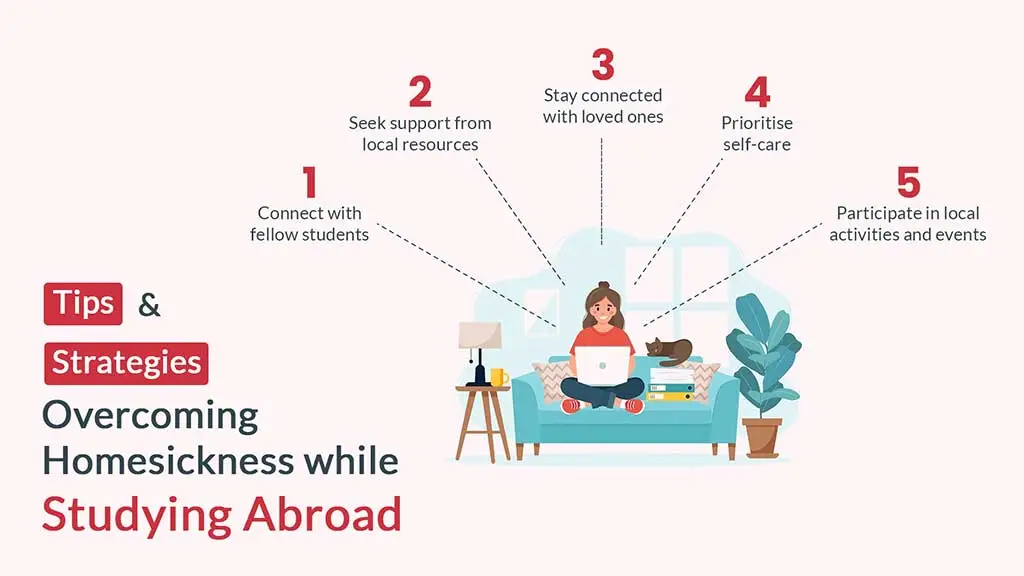

Overcoming homesickness while exploring distant destinations is a common challenge for adventurous travelers. Imagine yourself standing on a breathtaking mountain peak, surrounded by exotic scenery. But suddenly, a pang of longing for home washes over you. This feeling, commonly known as homesickness, can derail even the most exciting travel plans. This guide delves into the causes of homesickness and provides effective strategies to combat it. We’ll explore practical tips for maintaining emotional well-being while traveling to distant destinations. This article will outline actionable strategies, supported by examples and data, to help you make the most of your adventures, no matter how far from home you wander.
Understanding the Root Causes of Homesickness
Exploring the Psychological Factors
Homesickness, a feeling of longing for familiar surroundings and loved ones, often stems from a complex interplay of psychological factors. Travelers often experience anxiety or stress when stepping outside their comfort zone. Fear of the unknown can contribute to feelings of homesickness and lead to emotional vulnerability. A loss of routine and the disruption of daily habits can also play a significant role in triggering homesickness, especially during prolonged periods of travel. Many people experience a deep-seated need for connection and security, and travel can temporarily disrupt those established patterns. Often, a person’s sense of self is deeply linked to their social and familiar context. This can be further complicated by the cultural differences and unfamiliar social environments. Studies show that emotional support systems are critical in navigating these challenges.
Identifying the Triggers
Often, the triggers for homesickness are subtle and personal. The absence of familiar routines, the loss of comforting physical spaces, or the lack of connection to your social support network can trigger feelings of longing. Changes in sleep patterns, dietary habits, and even the simple act of missing a comforting food can add to the overall stress of a new environment. Understanding your personal triggers is crucial in developing proactive coping mechanisms. Recognizing these personal vulnerabilities will enable travelers to develop personalized solutions for managing their homesickness.
Building Emotional Resilience During Travel
Cultivating a Positive Mindset
A crucial step in overcoming homesickness is to cultivate a proactive mindset. Travelers should focus on the positive aspects of their experience and view challenges as opportunities for growth. Engage in activities that bring joy and relaxation to help alleviate stress and anxiety. Engaging in activities such as meditation or journaling can reduce stress and promote emotional well-being. Maintaining a sense of optimism is critical for handling challenging situations. By focusing on the potential rewards and benefits of a new adventure, travelers are more likely to maintain a positive perspective.
Fostering Cultural Connection
Engaging with the local culture is critical for overcoming homesickness. Seeking out opportunities to connect with locals can offer a unique and enriching cultural perspective. Taking language classes, volunteering at a local organization, or simply striking up conversations with people at a local café can help create connections, counter the feelings of isolation, and broaden your understanding of the place you are visiting. Embracing the local culture and connecting with local individuals can combat homesickness and build new memories and experiences.
Strategies for Navigating Unfamiliar Situations
Managing Travel Anxiety
Travel anxiety is frequently tied to homesickness. Planning and preparation are crucial. Create a detailed itinerary. Research accommodation and transportation options in advance. Staying organized and prepared can reduce anxiety and help maintain a sense of control in unfamiliar environments. A structured approach to planning and preparation can empower you with a sense of control and self-reliance, reducing the potential for anxieties to overwhelm you.
Adapting to a New Environment
Embracing the unknown is a crucial element of travel. Openness to new experiences is paramount. Being flexible and adaptable is key. Embrace the unexpected detours and embrace the unfamiliar. Try new foods, explore off-the-beaten-path locations, and engage with new people. These unexpected encounters can provide unique experiences and build valuable memories.
Utilizing Technology and Communication
Staying Connected with Loved Ones
Maintaining regular contact with loved ones back home is crucial for managing feelings of loneliness and isolation. Set aside dedicated time for calls or video chats. Sharing your experiences and insights can help maintain a sense of connection and reduce the feelings of detachment that often accompany travel. Even sharing photos and videos with loved ones can help keep them a part of your journey.
Utilizing Technology for Practical Support
Using technology for problem-solving and practical support can prevent potential anxiety. Researching local services or support groups can help alleviate stress, and knowing how to utilize technology to deal with any emerging challenges can be a lifesaver. A support network can help with various issues.
Prioritizing Self-Care During Travel
Maintaining a Healthy Routine
Maintaining a sense of normalcy, as much as possible, is vital to reducing anxiety and promoting a sense of balance. Incorporating elements of your daily routine, even simple ones, such as a regular sleep schedule, can help maintain your psychological well-being. Prioritizing healthy habits is critical when away from home.
Finding Opportunities for Relaxation
Schedule regular downtime, dedicated for relaxation and reflection. Find moments of peace and reflection, such as meditation, reading, or simply enjoying the environment. Finding these moments of solitude can be critical in building a sense of calm and emotional control.
Exploring Mental Health Resources
Seeking Professional Support
If homesickness becomes overwhelming, don’t hesitate to seek professional guidance. Counseling and therapy can provide effective tools for managing anxiety and emotional challenges during travel. A counselor can help you to understand your triggers, create new coping strategies, and support your emotional well-being. Professional guidance can provide practical skills to deal with potential setbacks or setbacks.
The Power of Positive Experiences
Embracing Cultural Diversity
Embracing cultural diversity can help combat the negative aspects of homesickness. Immerse yourself in the local culture. Learn about the traditions, customs, and local cuisine. This engagement with the environment and local people can create a unique sense of connection to the destination.
Conclusion (Summary)
Conclusion (Further Information)
Frequently Asked Questions
How can I prepare myself mentally for homesickness?
Preparing for homesickness involves recognizing its potential impact and developing coping mechanisms. Research your destination beforehand, familiarizing yourself with the local culture and customs. Engage in activities that encourage self-reflection and emotional regulation. Maintain healthy communication with loved ones back home. Understanding the potential for homesickness is crucial in preventing it from affecting the enjoyment of your travels. A structured approach to your mental preparation can empower you to handle potential setbacks.
What are some practical ways to combat homesickness while traveling?
Maintaining connection with loved ones through regular communication is essential. Utilizing technology such as video calls and instant messaging can help reduce the sense of isolation. Engage in activities that promote cultural immersion, such as taking language classes or attending local events. This immersion can help you build connections and gain a deeper understanding of the local culture. Exploring your destination through local tours or experiences can help you discover new interests and passions, building positive memories and fostering a sense of accomplishment.
What are some specific ways to ensure that I make the most of the experience?
Focusing on the positive aspects of your journey is crucial. Embracing spontaneity and openness to new experiences can transform any obstacle into a learning opportunity. Engage in activities that allow you to connect with nature, which may provide a sense of peace and calm. Participating in activities that focus on creativity or self-expression, such as journaling, painting, or photography, can provide a sense of accomplishment and self-worth. These activities can help provide a sense of meaning and purpose beyond the immediate challenge of homesickness.
In conclusion, overcoming homesickness while traveling abroad requires a proactive approach combining emotional resilience, cultural immersion, and strategic planning. By prioritizing self-care, connecting with locals, and focusing on the positive aspects of exploration, travelers can transform their journeys into fulfilling experiences. Remember to embrace the unexpected, be open to new encounters, and don’t hesitate to seek support when needed. Ultimately, overcoming homesickness is a testament to your adaptability and courage. Ready to conquer your next adventure? Start planning your trip today!